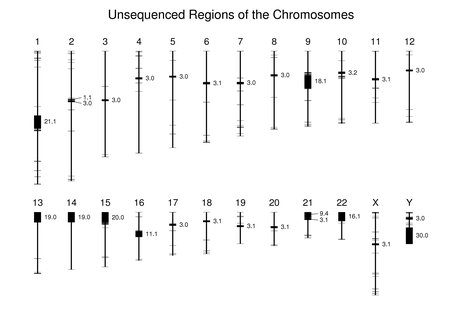
noun
- the following of one thing after another; succession.
- order of succession: a list of books in alphabetical sequence.
- a continuous or connected series: a sonnet sequence.
- something that follows; a subsequent event; result; consequence.
- Music. a melodic or harmonic pattern repeated three or more times at different pitches with or without modulation.
- Liturgy. a hymn sometimes sung after the gradual and before the gospel; prose.
- Movies. a series of related scenes or shots, as those taking place in one locale or at one time, that make up one episode of the film narrative.
- Cards. a series of three or more cards following one another in order of value, especially of the same suit.
- Genetics. the linear order of monomers in a polymer, as nucleotides in DNA or amino acids in a protein.
- Mathematics. a set whose elements have an order similar to that of the positive integers; a map from the positive integers to a given set.
verb (used with object), se·quenced, se·quenc·ing.
- to place in a sequence.
- Biochemistry. to determine the order of (chemical units in a polymer chain), especially nucleotides in DNA or RNA or amino acids in a protein.
noun
- an arrangement of two or more things in a successive order
- the successive order of two or more thingschronological sequence
- a sequentially ordered set of related things or ideas
- an action or event that follows another or others
-
- cardsa set of three or more consecutive cards, usually of the same suit
- bridgea set of two or more consecutive cards
- music an arrangement of notes or chords repeated several times at different pitches
- maths
- an ordered set of numbers or other mathematical entities in one-to-one correspondence with the integers 1 to n
- an ordered infinite set of mathematical entities in one-to-one correspondence with the natural numbers
- a section of a film constituting a single continuous uninterrupted episode
- biochem the unique order of amino acids in the polypeptide chain of a protein or of nucleotides in the polynucleotide chain of DNA or RNA
- RC Church another word for prose (def. 4)
verb (tr)
- to arrange in a sequence
- biochem to determine the order of the units comprising (a protein, nucleic acid, genome, etc)
n.late 14c., “hymn sung after the Hallelujah and before the Gospel,” from Old French sequence “answering verses” (13c.), from Medieval Latin sequentia “a following, a succession,” from Latin sequentem (nominative sequens), present participle of sequi “to follow” (see sequel). In Church use, a partial loan-translation of Greek akolouthia, from akolouthos “following.” General sense of “succession,” also “a sequence at cards,” appeared 1570s. v.“arrange in a sequence,” 1954, from sequence (n.). Related: Sequenced; sequencing. n.
- A following of one thing after another; succession.
- An order of succession; an arrangement.
- A related or continuous series.
- The order of constituents in a polymer, especially the order of nucleotides in a nucleic acid or of the amino acids in a protein.
v.
- To organize or arrange in a sequence.
- To determine the order of constituents in a polymer, such as a nucleic acid.
Noun
- A set of quantities ordered in the same manner as the positive integers, in which there is always the same relation between each quantity and the one succeeding it. A sequence can be finite, such as {1, 3, 5, 7, 9}, or it can be infinite, such as {1, 12, 13, 14, … 1n}. Also called progression
- The order of subunits that make up a polymer, especially the order of nucleotides in a nucleic acid or of the amino acids in a protein.
Verb
- To determine the order of subunits of a polymer.
 Liberal Dictionary English Dictionary
Liberal Dictionary English Dictionary